Finance Forward Latin America 2019

About The Program
Everyday people and families have significant challenges managing money, getting a loan, and planning for the future.
For our fifth annual Latin America-focused Financial Health accelerator, we’re looking for entrepreneurs using tech to help people manage their everyday finances and build wealth.
The accelerator is a collaboration between Village Capital, MetLife Foundation, PayPal, and regional partner, Moody's. We’re encouraging applications from entrepreneurs building high-growth, scalable solutions that will help people, families, and small business owners move towards the following financial health outcomes. We’re looking for startups developing creative, outside-the-box solutions to helping people and families in Latin America become financially healthier.
People & Families
Although financial inclusion in Latin America has steadily improved over the past several years, the ability of individuals and families to achieve financial security remains a challenge.
Despite increased access to bank accounts, many new accounts across the region sit nearly empty as the majority of Latin Americans continue to work in the informal economy, struggle with income volatility, and experience difficulties meeting their day-to-day expenses and planning for the future. While the relationship between bank account ownership and financial security is unclear in lower- and middle-income countries, a recent study from Gallup found that sociological factors such as age, gender, level of education, geographic location, and perception of financial control were more strongly correlated with financial security. Indeed, in the case of Chile and Colombia – two of the ten countries included in the study – being younger, female, and less educated were top predictors of being financially insecure.
Small Business Owners
Across Latin America, micro, small, and medium enterprises (“MSMEs”) can play a significant role in generating economic activity and employment. Roughly 90% of businesses in the region are classified as MSMEs run by entrepreneurs, with many being micro-businesses usually owned by a sole proprietor or family. Overall, MSMEs generate 28% economic activity and account for more than half of all jobs created in Latin America. In a region with high unemployment and underemployment, the ability to start and operate one’s own business is a crucial option to have.
Despite their potential, some MSMEs struggle to stay afloat and others have yet to reach expected levels of productivity. In Brazil, for instance, MSMEs represent 99.4% of all businesses, but contribute only 54% to the country's formal employment and 43% of all wages and salaries. Small business owners constantly face stressful financial situations – from managing their cash flow and liquidity, to hiring and training employees, to accessing the capital needed to grow. Ultimately, just 45% of MSMEs in Latin America survive longer than two years of operation, as opposed to nearly 80% in Europe.
Cohort
Advisory Board
- Matthieu AlbrieuxInvestment Officer, Latin America at Accion
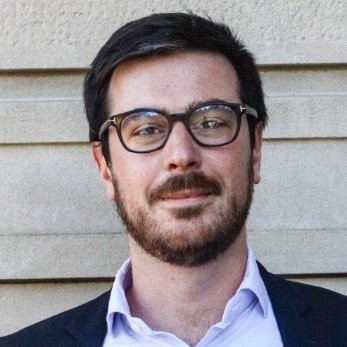
- Alejandro CosentinoCEO at Afluenta
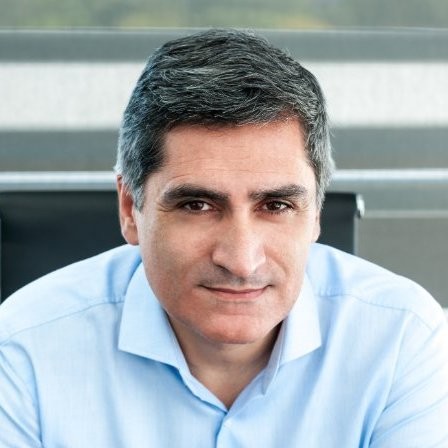
- Gonzalo KirbergCEO at Cumplo

- Jorge RamírezCBO at ePayco
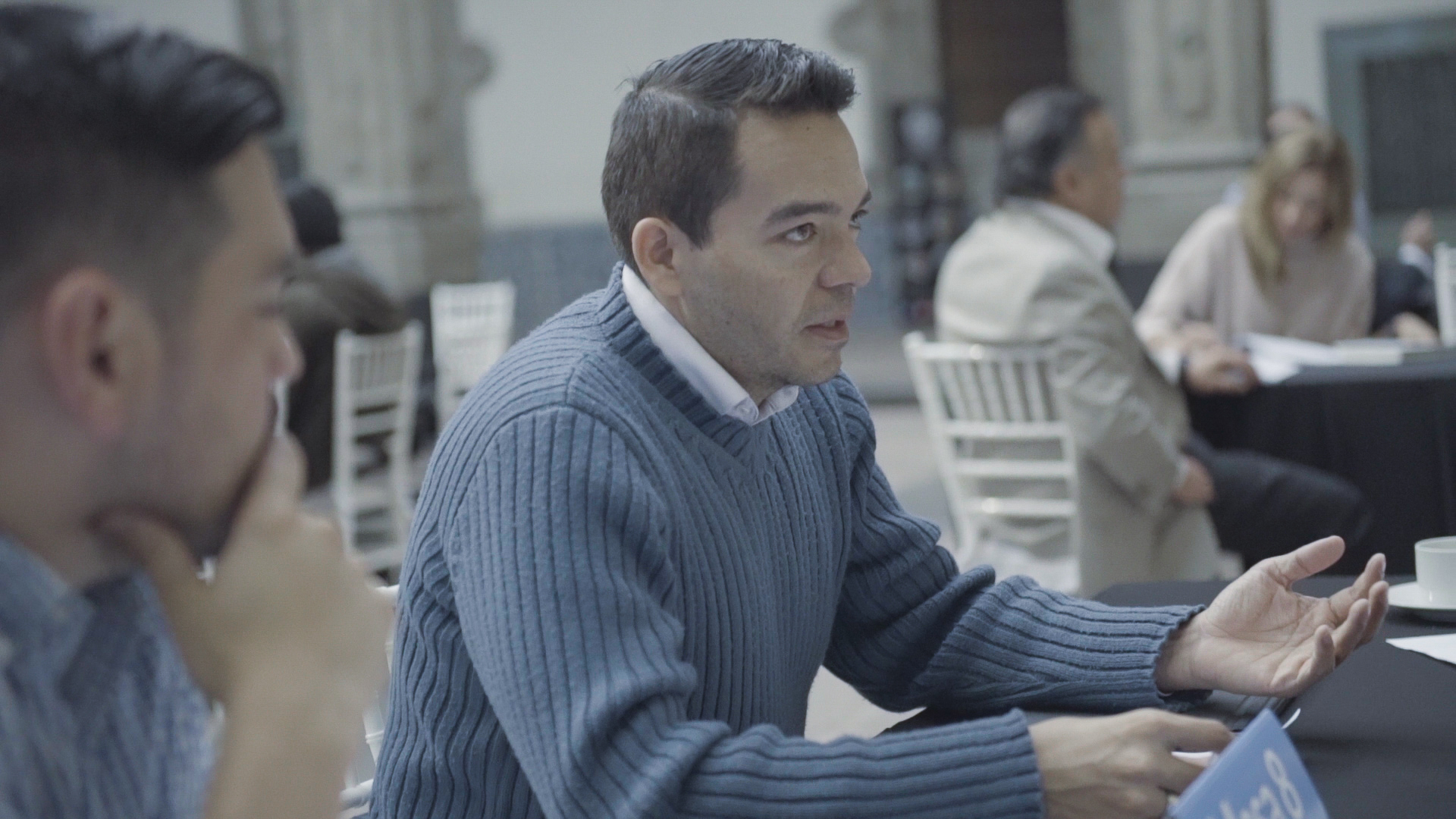
- Gabriel RoitmanCEO at Finvox

- Jenny JohnstonAssociate at Flourish Ventures

- Susana Garcia-RoblesChief - Loans and Equity Operations at IDB Lab

- Xavier Ponce de LeónManaging Partner at Ideas y Capital

- Fabrice SerfatiManaging Director at IGNIA Partners
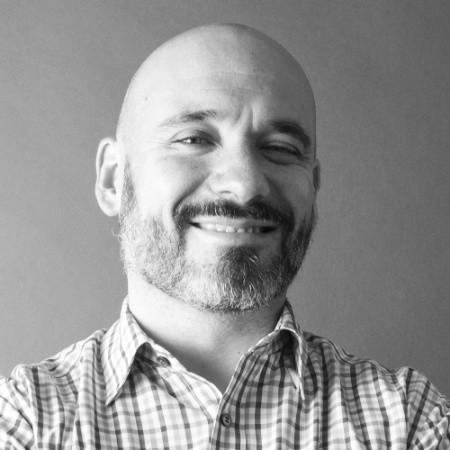
- Leo ElduayenCOO at Koibanx
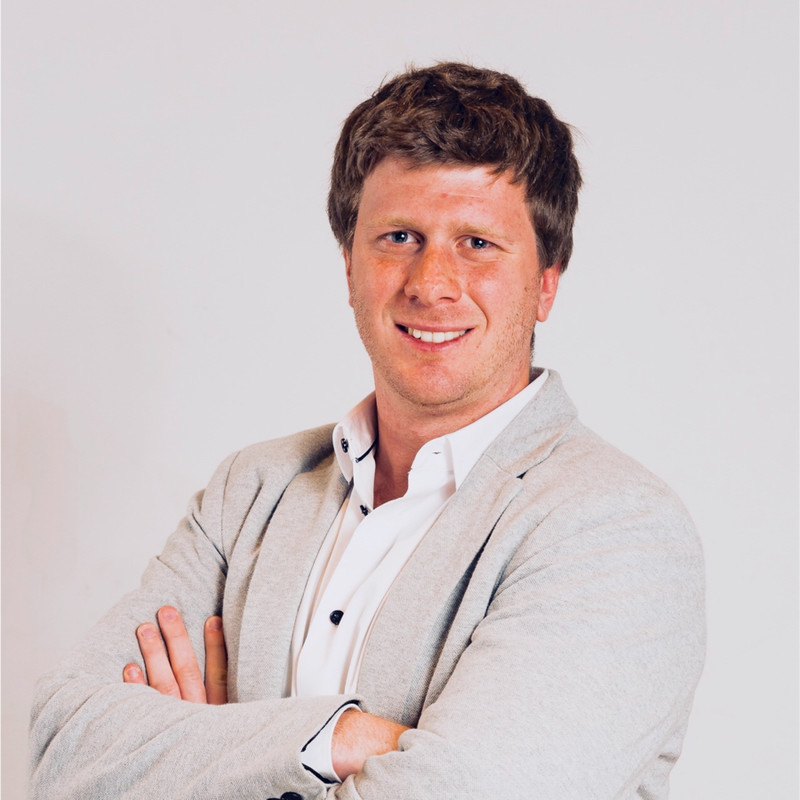
- Nathan LustigManaging Partner at Magma Partners

- Nalleli GarcíaCSR Leader at MetLife Foundation
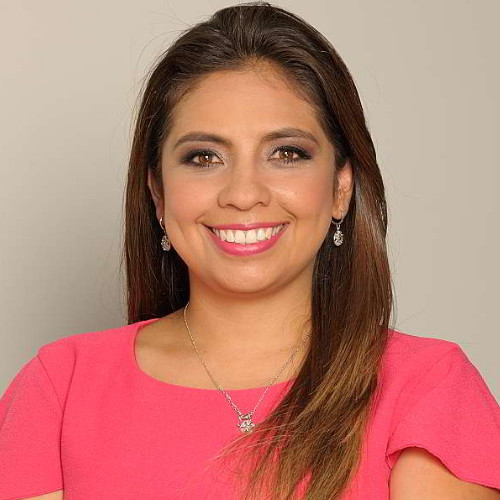
- Gabriela ZapataFinance Inclusion Consultant at Independent

- Nicolas Bärat MetLife Foundation
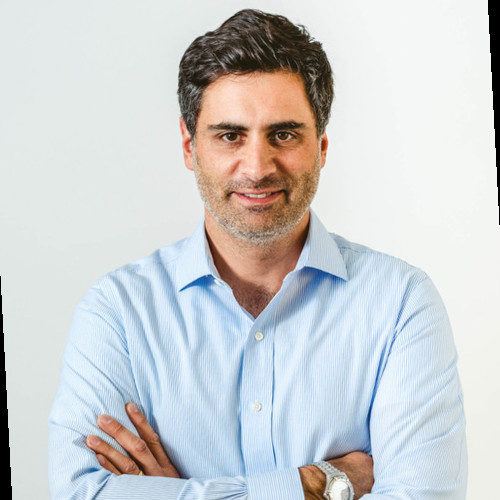
- Alberto JonesCEO at Moody's

- Juan AraujoCPO at Mutuo Financiera
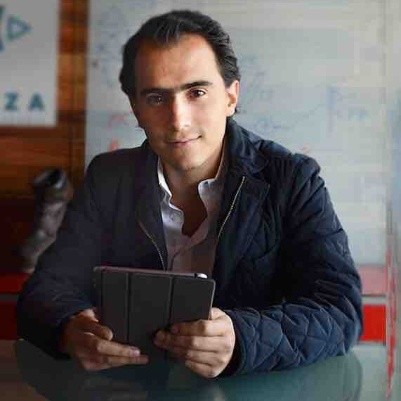
- Rene SalazarHead of Business Development at PayPal

- Gabriela EstradaCFO at Vexi

- Gabriela ChagasHead of Vox Crowd at Vox Capital

- Francisco VicenteHead of Acceleration, Investment & Finance at Yunus Social Business
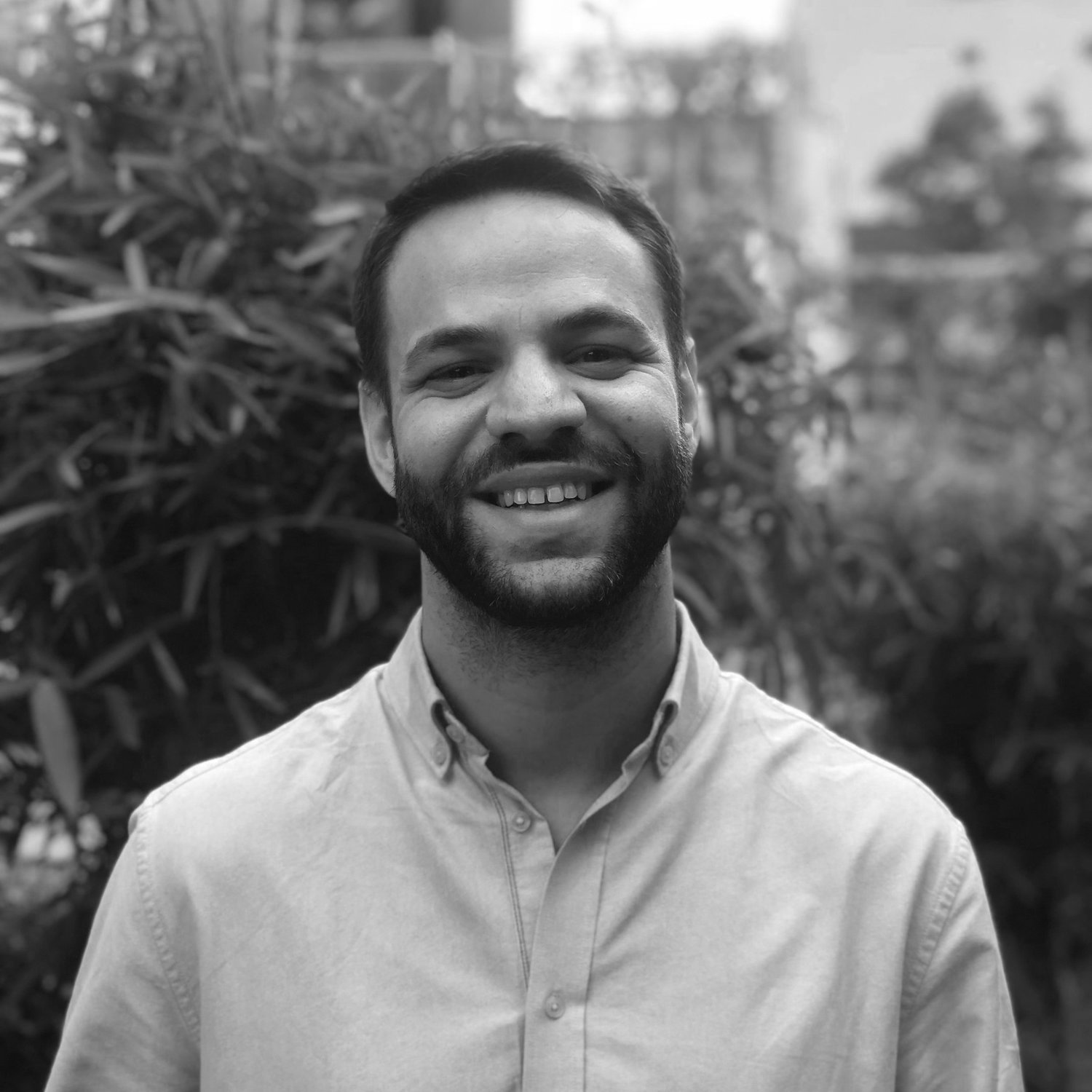
- Facundo TurconiCEO at Solven

































